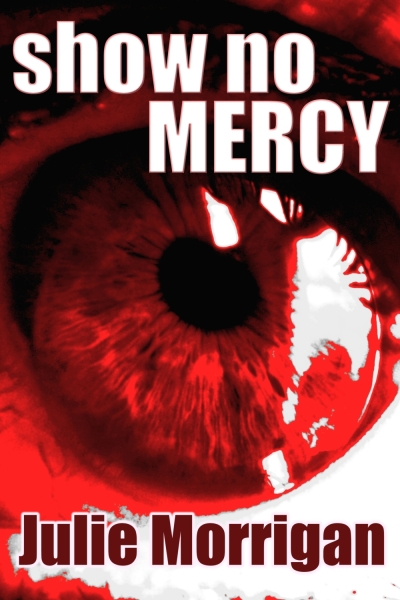And yet, judging by what is in those articles (and there is similar advice elsewhere supporting the stance they take) we mustn’t bang on about our books or aggressively pursue reviews. And while I might not agree with every single point, broadly speaking I do agree. For the most part it’s common sense. Seeing other people constantly self-promote can get grating, even for another writer who understands why they are doing it. There are people I unsubscribe to on Facebook and decline to follow on Twitter because of the constant litany of ‘Me! Me! Me!’ (‘Gob on a stick,’ as an old mate would say.) And just think how off-putting that must be for a potential reader!
So, what should we do?
An organisation I used to work for had regular celebratory events which were attended by many people from other organisations operating in the same arena. These were people it was good to get to know because, taking a short-term view, we often worked in partnership with those other organisations and, taking a longer-term view, we might want to go and work for one of them one day. However, for the most part and unless obliged to do differently, the staff from each organisation spent their time in their own little groups.
And I fear that’s what a lot of us do online for a large part of the time. We hang out in groups and tell the same bunch of people — who already know what titles we currently have available — the same stuff over and over. I know I often feel that’s what I’m doing.
That’s not to say we shouldn’t mention what we’re up to in those groups, of course we should, that’s the purpose of them. It’s great to be able to celebrate our successes, too, but there’s probably little to be gained by posting the same thing over and over again.
We can support fellow writers by sharing their news with our wider group of contacts and using our blogs to promote them and their work, and that's good to do. I suspect, however, that what we really need are different markets to promote in, and that we need to see them not as markets, but as places filled with people we can interact with. We need to get into other groups and forums and mingle, talk about what we’ve read that we enjoyed, talk about our favourite authors, talk about the weather, if that’s what others are talking about. It’s like networking at an event, but instead of wearing a name badge or passing out business cards, we have an email signature or a link to our website. If we seem to be interesting and helpful, then people can check out our writing if they want to, just as they might take a business card or make a mental note of our name.
Also, we can seek out sites that review the type of book that we have written, then follow their guidelines as to how we request a review. If you know people, other writers, perhaps, who also review books, offer them a free copy and ask them if they would consider reviewing it. Then forget about it. They might review it next week, or next month, or next year. They’ll do it in their own time. Or they might not do it at all. It’s one of many things vying for their attention and for all it is your highest priority, it isn’t theirs. And it will disappear from their list of things to do entirely if you nag.
Self-publishing is not an easy road. There’s no guarantee of success. Something that does seem clear to me: the one thing today’s opportunities have in common with the traditional approach to finding an agent and being published is the need for a healthy dollop of good luck. But by being a little bit savvy about how we promote our books, we can give ourselves a far better chance of being lucky.











 RSS Feed
RSS Feed
